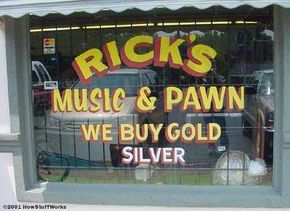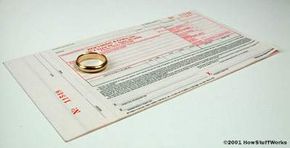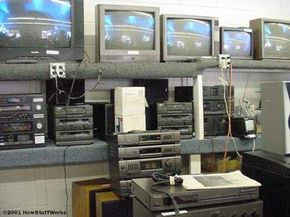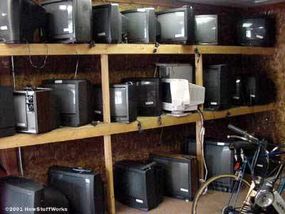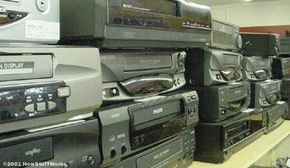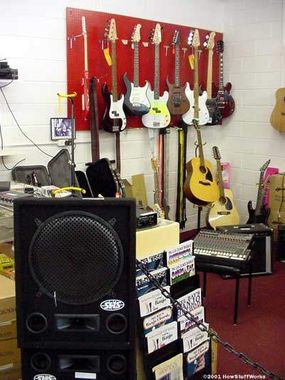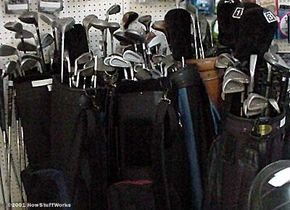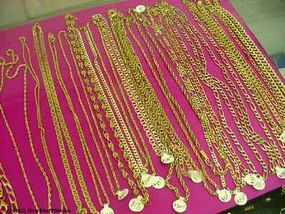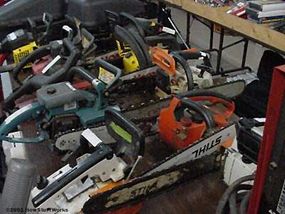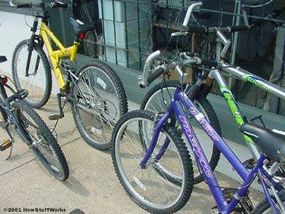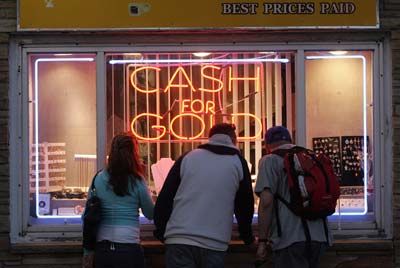Have you ever been to a pawnshop? For a lot of people, there seems to be something, well, shady about these places. But if you haven't been to a pawnshop, you may be missing out on some great bargains. A pawnshop is a lot like a dozen garage sales and a flea market all rolled into one. Pawnshops also play an important role in many communities by providing people with an easy, fast way to borrow small amounts of money.
There are three things that happen in any pawnshop hundreds of times every day:
Advertisement
- People borrow money by putting up something they own as collateral.
- People sell used merchandise.
- People buy new and used merchandise.
In this article, you will have the chance to learn exactly what is going on behind the scenes at a neighborhood pawnshop as we visit Rick's Music & Pawn and talk to its pawnbroker, Gale Ausley. You'll realize that at the heart of a pawnshop is a fantastic lesson in economics! We'll also look at the most commonly asked question about any pawnshop: "Is the stuff in here legit?"
Advertisement
